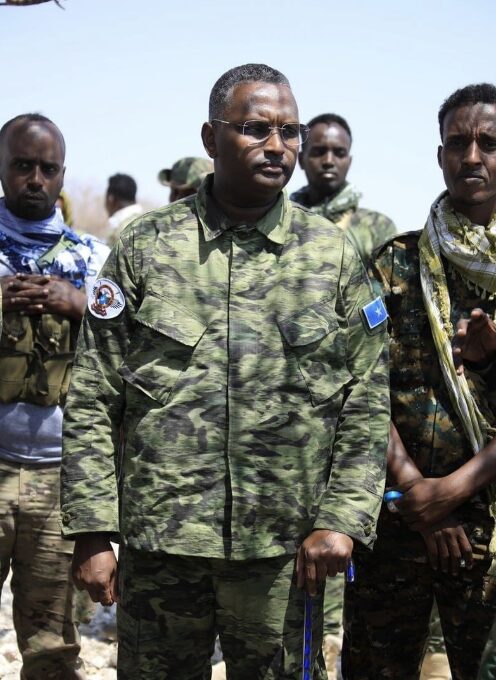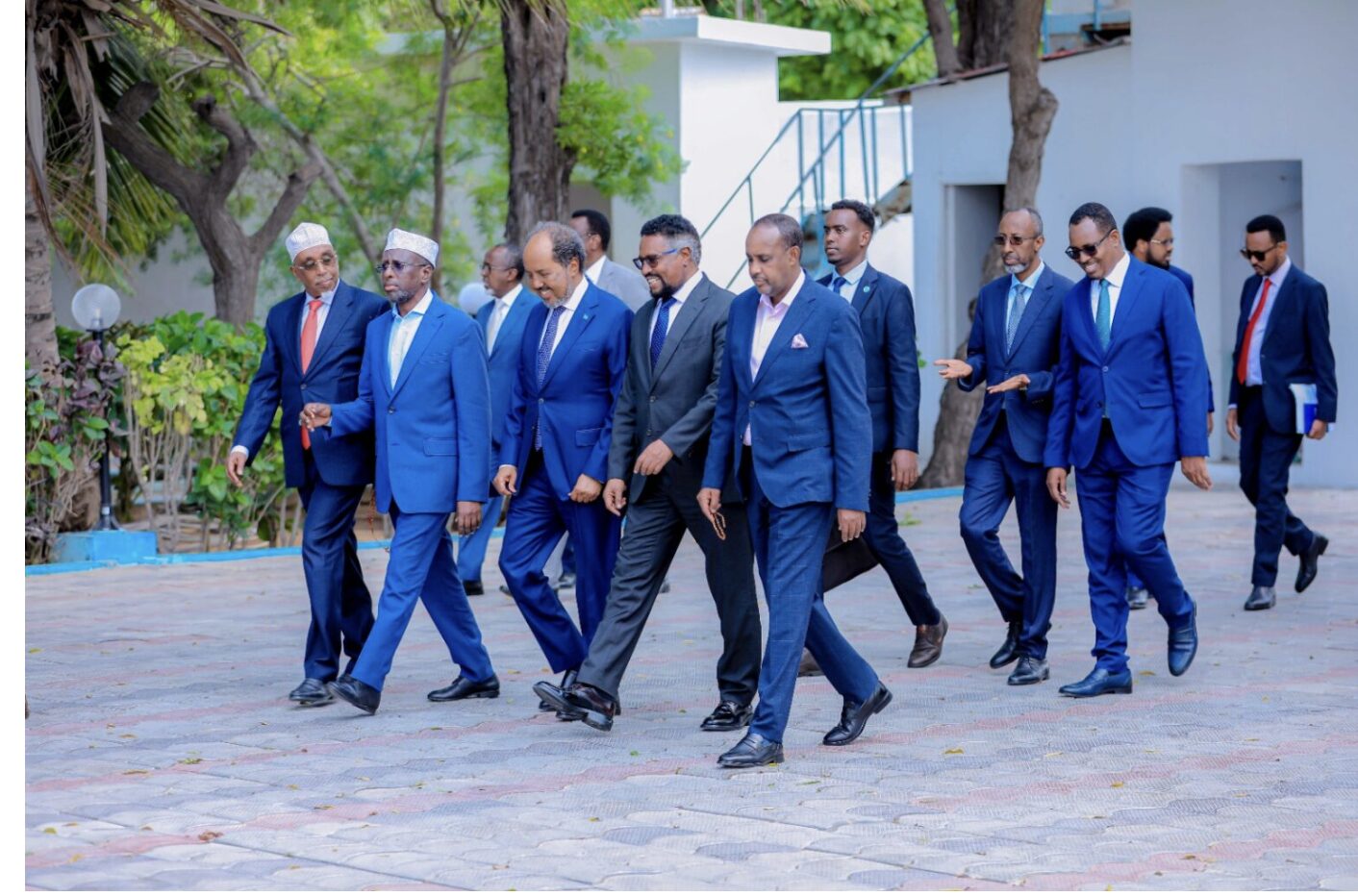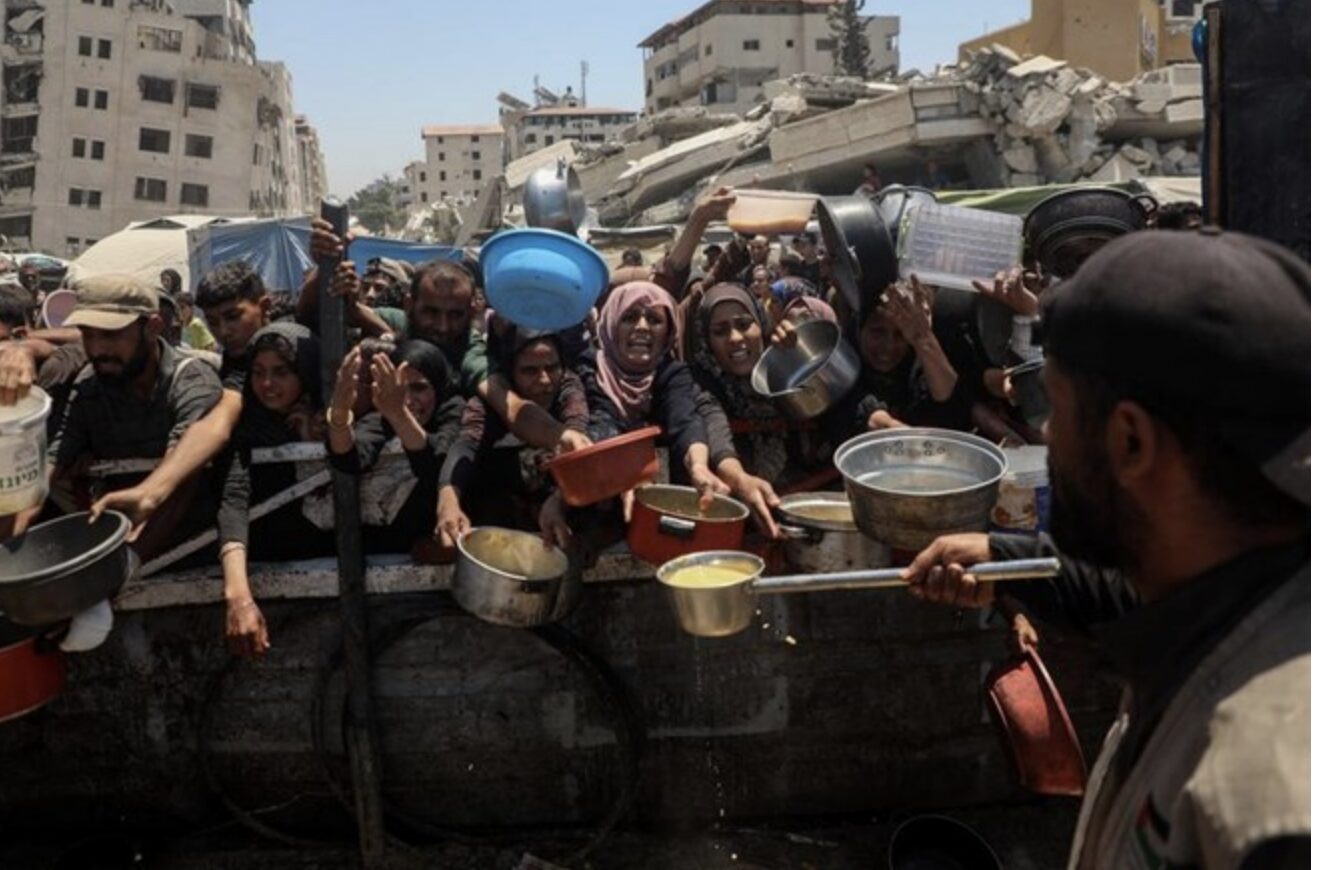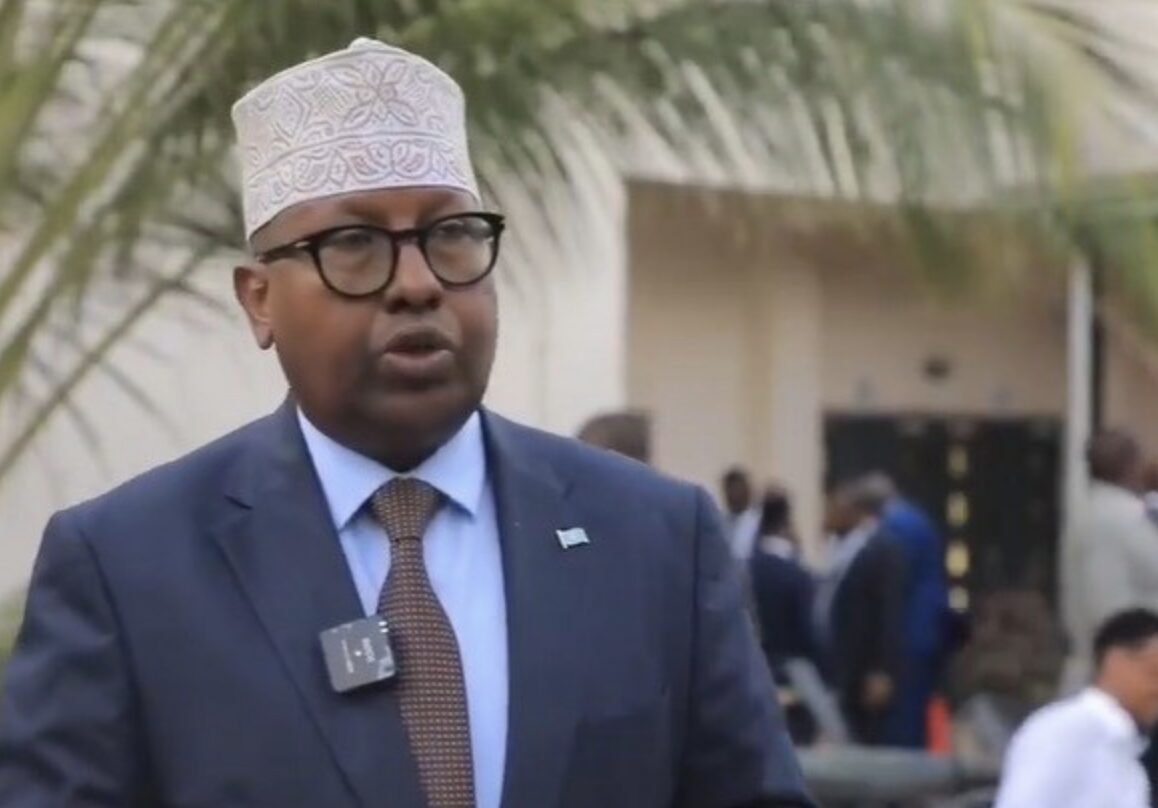
The peace initiative announced by President Hassan Sheikh Mohamud on the 15th of this month is unlike what we have come to expect from this government and its predecessors. Time and again, those in power have distanced themselves from engaging in dialogue with opposing parties or those contesting power. This tendency has consistently resulted in national decisions and sovereignty being easily handed over to the international community—especially to the C6+ group headquartered in Halane.
This situation has led to the prioritization of foreign interests over national interests—interests that could foster unity, peaceful coexistence, and shared values among Somalis in terms of culture, language, ethnicity, and religion.
Looking at the country’s current security landscape: the ongoing conflict with extremist groups, the presence of foreign troops (especially Ethiopian forces), the disputes between the Federal Government and some federal member states—all these factors have made it difficult to fully trust the country’s security, particularly in central and southern Somalia. Even the capital, Mogadishu, is plagued by insecurity caused by organized groups engaging in various crimes, including murder, robbery, and human trafficking of Somali youth.
Economically: Recent seasons have seen reduced rainfall, farmers have been displaced from their lands due to insecurity, and inflation has soared due to excessive taxation—mainly collected by private companies. Aid from international agencies that used to feed displaced persons has slowed down, compounded by conflicts in the Middle East. These and other contributing factors have resulted in severe inflation, widespread hunger, and malnutrition, threatening the lives of thousands of Somalis.
With all these pressures mounting, if political conflicts continue to intensify, the country will become increasingly vulnerable to serving the interests of foreign powers—some of which threaten the nation’s sovereignty and could even lead to the recognition of breakaway regions, similar to the Biafran state that emerged in Nigeria in the late 1960s.
Therefore, to prevent these serious threats to our nationhood, could the conference set to begin in Mogadishu on the 15th of this month be the path to success and full sovereignty? Or will it become just another stage where personal interests outweigh national interests?
As Somali political organizations, we welcome participation in the conference and support the implementation of a free and fair election process—one in which the Somali people can choose their leaders through the ballot box. However, we also emphasize that this forum must be inclusive and invite all relevant stakeholders who are essential to achieving a future of unity and full independence for this country.
As the Somali proverb says: “the axe would not have cut me if it’s handle was not made from my own As long as we remain divided and are interpreted on behalf of one another, we will never escape foreign interference or protect ourselves from both internal and external enemies.
Chairman of Xal-Qaran Party
Dr. Mohamed Macalin Ali










This article is thoughtful and well-articulated, raising important concerns about the current political, security, and economic challenges facing Somalia. It captures both the urgency of the situation and the deep-rooted issues that continue to hinder national progress. I commend the writer for highlighting the ongoing impact of foreign interference, political fragmentation, and economic instability on the lives of ordinary Somali citizens.
I strongly agree that the government must seize this moment as an opportunity for genuine reconciliation. Dialogue should be inclusive and involve all key stakeholders—whether political, regional, or civil society—if we are to build a future based on unity and lasting peace. Reconciliation cannot be selective or symbolic; it must be sincere, inclusive, and grounded in justice.
Equally important is accountability. For too long, decisions that affect the nation have been made without transparency, and those in power have often acted without consequences. Moving forward, the government should ensure that accountability mechanisms are in place to restore public trust and prevent misuse of authority.
This is a critical time for Somalia. We must act wisely and collectively to reclaim national dignity, sovereignty, and stability. I hope the upcoming conference in Mogadishu becomes a true turning point.